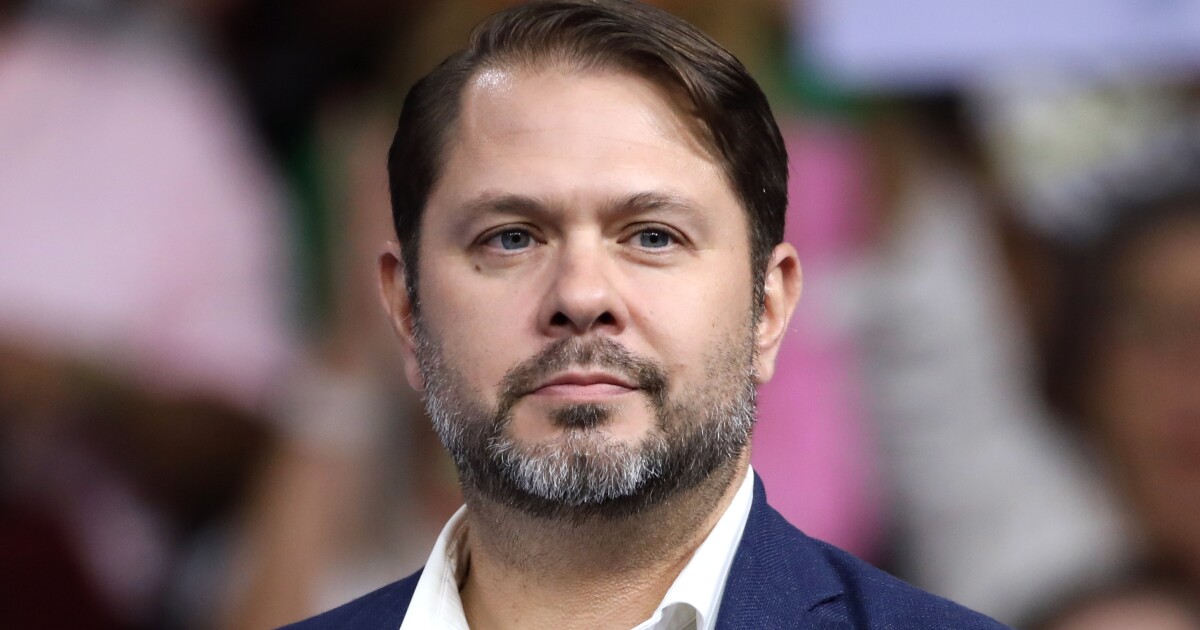Senate Advances Plan to Cut Public Broadcasting Funding
Updated July 17, 2025 at 6:51 AM EDT
In a significant move, the Senate has approved a $9 billion rescission package proposed by the Trump administration, potentially slashing federal funding for public broadcasting. This decision marks a pivotal shift in nearly 60 years of support for the Corporation for Public Broadcasting (CPB), which channels federal funds to NPR, PBS, and affiliated stations.
Central to the package is the withdrawal of $1.1 billion designated for CPB over the upcoming two years. The broader bill also reduces $7.9 billion across various other programs. A marathon voting session resulted in a 51-48 decision favoring the cuts. Notably, Senator Tina Smith of Minnesota was absent due to hospitalization.
The House, which previously passed a similar version, will now consider the Senate’s decision. The vote predominantly followed party lines, with Democrats opposing and most Republicans supporting the measure. Exceptions included GOP Senators Susan Collins and Lisa Murkowski, who voted against it.
NPR CEO Katherine Maher responded to the Senate’s decision by emphasizing the essential role of public radio, stating, “Nearly 3-in-4 Americans say they rely on their public radio stations for alerts and news for their public safety.” She urged the House to reconsider the funding cuts.
Echoing Maher’s concerns, Kate Riley, President of America’s Public Television Stations, expressed disappointment, highlighting the essential services local public television stations provide.
Attempts by Democrats to preserve funding for NPR and PBS were largely symbolic, given the Republican majority. Senator Murkowski proposed an amendment to maintain CPB funding while restricting federal funds to NPR, citing a recent earthquake in Alaska that demonstrated the critical nature of public broadcasting.
During the debate, Wisconsin Senator Tammy Baldwin warned that the cuts could lead to the closure of local stations, particularly affecting rural areas. Conversely, Texas Senator Ted Cruz criticized public broadcasting for perceived partisan bias, suggesting that taxpayers should not subsidize such content.
Senate Majority Leader John Thune pointed to the national debt, stating that the cuts, while minor in the grand scheme, are a step towards fiscal responsibility.
The rescission request, sent to Congress in June, marks the first of its kind in over 25 years. The House is expected to make a final decision before the impending deadline.
Public broadcasting leaders have consistently argued that reduced funding would severely impact smaller stations and communities, especially in rural areas. A recent Harris Poll revealed that two-thirds of Americans support federal funding for public radio, with bipartisan backing.
The House’s initial bill also included cuts to foreign aid, such as the PEPFAR program. However, objections led to its exclusion from the Senate’s version. Senator Murkowski and other rural state Republicans have voiced concerns about the loss of support for public radio that serves underrepresented communities.
While some have attempted to redirect funds, such as Senator Mike Rounds’ agreement to use Green New Deal money for tribal stations, Native Public Radio’s CEO criticized this plan as impractical.
—
Read More Michigan News










